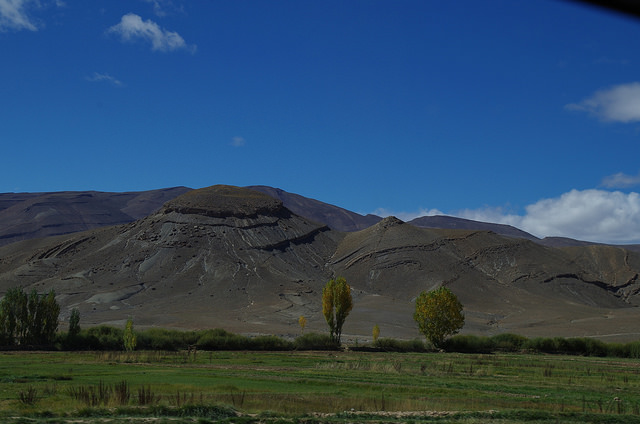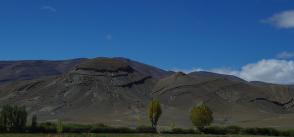
UN calls for 'drastic' changes in agriculture at COP22 in Morocco
[...] Last year’s convention in Paris forged the landmark Paris Agreement on Climate Change, where an unprecedented number of countries agreed to limit the increase in average global temperature to less than 2 degrees Celsius, hoping to cap at 1.5 degrees. Most countries submitted their own plans (termed Nationally Determined Contributions (NDCs)) to reduce emissions prior to the 2015 talks.
While the agreement and its terms are historic, it remains to be seen if the world will successfully limit warming to prevent the point of no return. In Morocco, discussions will be focused on taking specific actions and making policy changes to achieve these commitments.
Although agriculture is not explicitly mentioned in the original text of the Paris Agreement, agriculture, forestry and land use changes are collectively responsible for one-fifth of all global greenhouse gas emissions. Of that mix, farms emit at least 13 percent of global emissions, second only to the energy sector. Additionally, food waste presently accounts for an additional estimated 8% of total greenhouse gas emissions, nearly equivalent to global road transport emissions.
Read the full article via Maroc Gazette.
[Photo by Pieter Edelman | Flickr]







